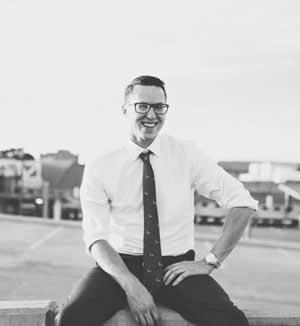|
Elie Wiesel wrote that "all works of literature, even despairing ones, constitute an appeal to life." This makes me think then, as teachers of writing and literature, that it is our job to teach our students how to choose life. This challenge seems particularly pressing in America, where presently our students bear the burden of intense divisiveness and violence in our own country, gruesome ongoing conflict abroad, and of a capitalism grown ever more brutal and rampant. And yet, despite the notion that we are voiceless, it seems to me that the challenge of a good creative writing instructor is to teach students that they do indeed have a voice and that their voice, that all our voices in concert, have meaning. Tim Seibles writes "I certainly don't want my poems to be in cahoots with the nightmare," and this, too, it occurs to me, is what we are here for, as writers and then as teachers. We should be struggling with our students as writers, and students of writing, to leave behind something worth protecting, worth defending, something that contributes to the growth of this culture.
One of my greatest struggles, as a writer, as a human being, is to find purpose in the things I do. This, it seems, is the job of a good creative writing teacher, to help their students in their quest to find purpose. Certainly, no one can show us the way. But it is our role, as educators, to illuminate the road for our students as they journey forward into darkness. In a culture that has grown weak on faith in the arts, in the power of words, it would seem now, when things are most bleak, that our job is to bring new hope to an army of writers who will go forward and make their mark on this nation.
Having been the student of two fine writing programs, and having had the privilege to be around so many skilled and compassionate instructors, I truly believe in this purpose as a creative writing teacher. I mean, in my classes, to help my students find their stories, to find the unique thing it is that they were meant to say. I also believe in the power of students to return that favor, be it through a direct act or through simply watching them grow as writers and learning from them. Nothing thrills me more than the energy of young writers, how the world of words seems new and boundless to them, and that energy keeps me going as a writer, as a teacher, because it has the power to breathe life into the things we all come to take for granted, the debates and books and tools we feel we already know so well.
In my own writing I hope to give voice to the people and places I come from. I want, very much, to appeal to life. In my stories I try to grapple with the fundamental questions about who we are and why we are here. I did not become a writer or a teacher of writing because it seemed easy, or because it was something I happened upon. Instead, I did not want to be in cahoots with the nightmare. Creativity, it seems to me, is the most powerful tool we have as human beings. It is what makes us capable of war, of hate, of truly despicable forms of violence. But, too, it is what makes us capable of compassion, of love, of empathy. And I believe that by fostering the creativity born of writing, born in well told stories and in boldly written poems, that we are contributing to a kind of creative power that is much needed.
|


